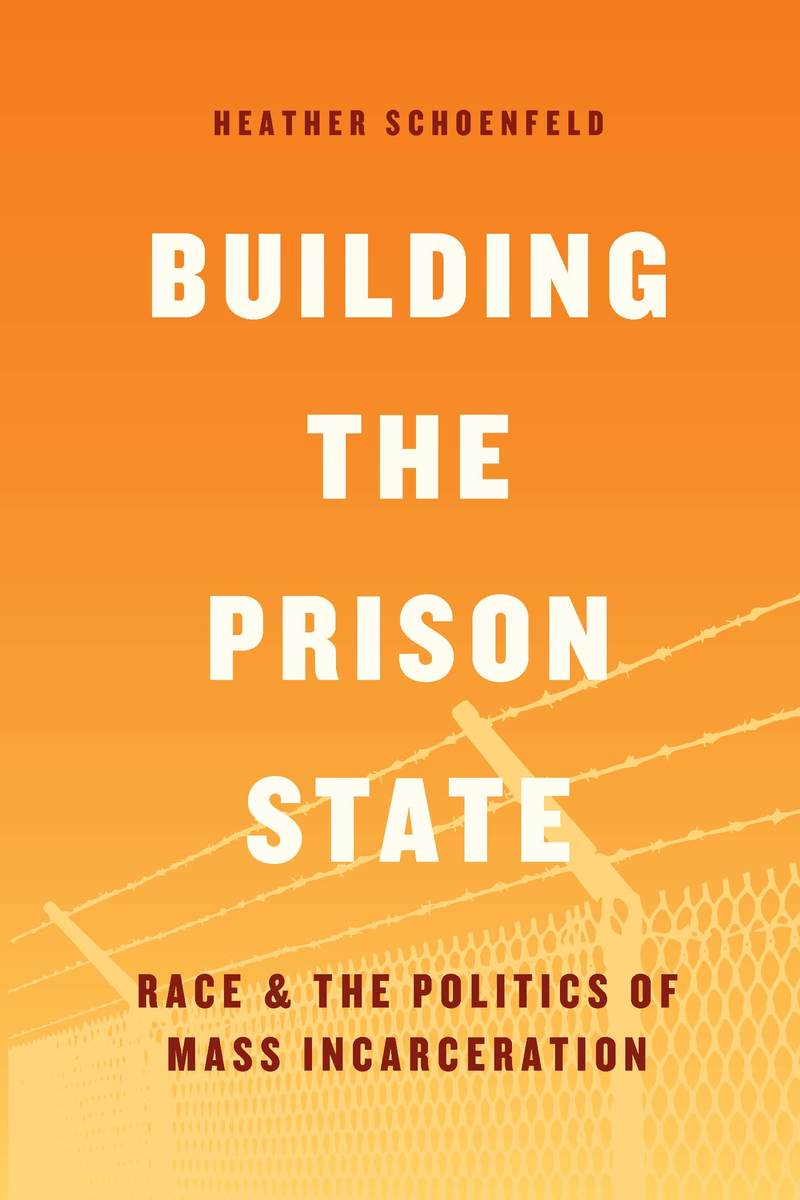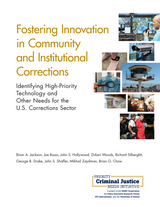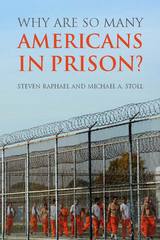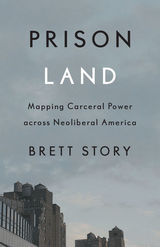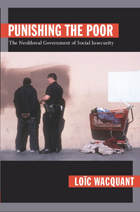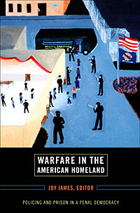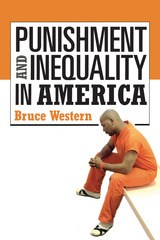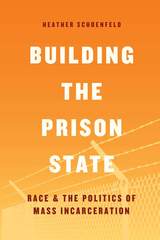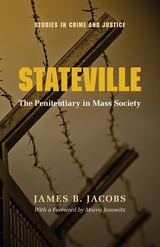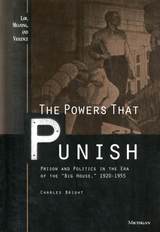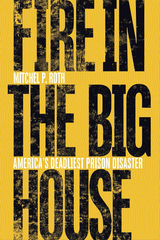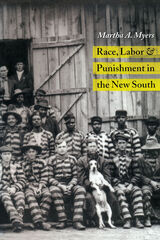Building the Prison State: Race and the Politics of Mass Incarceration
University of Chicago Press, 2018
Cloth: 978-0-226-52096-4 | Paper: 978-0-226-52101-5 | eISBN: 978-0-226-52115-2
Library of Congress Classification HV9475.F6S36 2018
Dewey Decimal Classification 365.9779
Cloth: 978-0-226-52096-4 | Paper: 978-0-226-52101-5 | eISBN: 978-0-226-52115-2
Library of Congress Classification HV9475.F6S36 2018
Dewey Decimal Classification 365.9779
ABOUT THIS BOOK | AUTHOR BIOGRAPHY | REVIEWS | TOC | REQUEST ACCESSIBLE FILE
ABOUT THIS BOOK
Reframing the story of mass incarceration, Heather Schoenfeld illustrates how the unfinished task of full equality for African Americans led to a series of policy choices that expanded the government’s power to punish, even as they were designed to protect individuals from arbitrary state violence. Examining civil rights protests, prison condition lawsuits, sentencing reforms, the War on Drugs, and the rise of conservative Tea Party politics, Schoenfeld explains why politicians veered from skepticism of prisons to an embrace of incarceration as the appropriate response to crime. To reduce the number of people behind bars, Schoenfeld argues that we must transform the political incentives for imprisonment and develop a new ideological basis for punishment.
The United States incarcerates more people per capita than any other industrialized nation in the world—about 1 in 100 adults, or more than 2 million people—while national spending on prisons has catapulted 400 percent. Given the vast racial disparities in incarceration, the prison system also reinforces race and class divisions. How and why did we become the world’s leading jailer? And what can we, as a society, do about it?
Reframing the story of mass incarceration, Heather Schoenfeld illustrates how the unfinished task of full equality for African Americans led to a series of policy choices that expanded the government’s power to punish, even as they were designed to protect individuals from arbitrary state violence. Examining civil rights protests, prison condition lawsuits, sentencing reforms, the War on Drugs, and the rise of conservative Tea Party politics, Schoenfeld explains why politicians veered from skepticism of prisons to an embrace of incarceration as the appropriate response to crime. To reduce the number of people behind bars, Schoenfeld argues that we must transform the political incentives for imprisonment and develop a new ideological basis for punishment.
See other books on: Building | Criminal justice, Administration of | Florida | Mass Incarceration | Prisons
See other titles from University of Chicago Press
